Description
Application Scenarios and Fields of Application:
The EDTA Tube is widely used in various medical and diagnostic settings, including:
Clinical laboratories: It serves as a primary container for routine hematology tests, blood cell counts, and hematological disease screenings.
Hospitals and healthcare facilities: The tube facilitates blood collection for disease diagnosis, patient monitoring, and therapeutic drug monitoring.
Research laboratories: It plays a crucial role in scientific studies related to blood analysis, genetics, immunology, and molecular biology.
Advantages:
The EDTA Tube offers several advantages for reliable blood collection and analysis:
Anticoagulant properties: EDTA prevents the formation of blood clots, ensuring the integrity of the blood sample and accurate test results.
Preservation of cell morphology: The tube’s additive helps maintain the original shape and structure of blood cells, facilitating microscopic examination and analysis.
Compatibility with multiple testing methods: The EDTA Tube is suitable for a wide range of laboratory tests, including complete blood counts, blood typing, and DNA analysis.
Convenience and safety: The vacuum system and standardized volume markings on the tube ensure consistent sample collection and minimize the risk of exposure to bloodborne pathogens.
Extended sample stability: EDTA preserves the blood sample for a longer duration, allowing for delayed processing or transportation without compromising test accuracy.
The EDTA Tube serves as a vital tool in modern healthcare and laboratory practices, facilitating accurate and reliable blood collection, preservation, and analysis. Its use significantly contributes to patient care, disease diagnosis, and medical research.

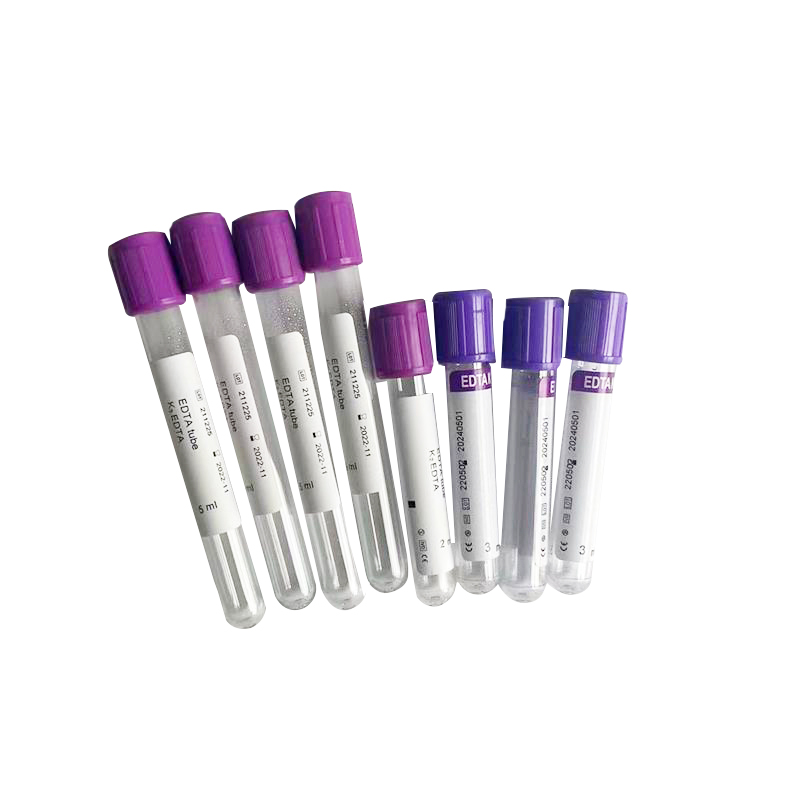
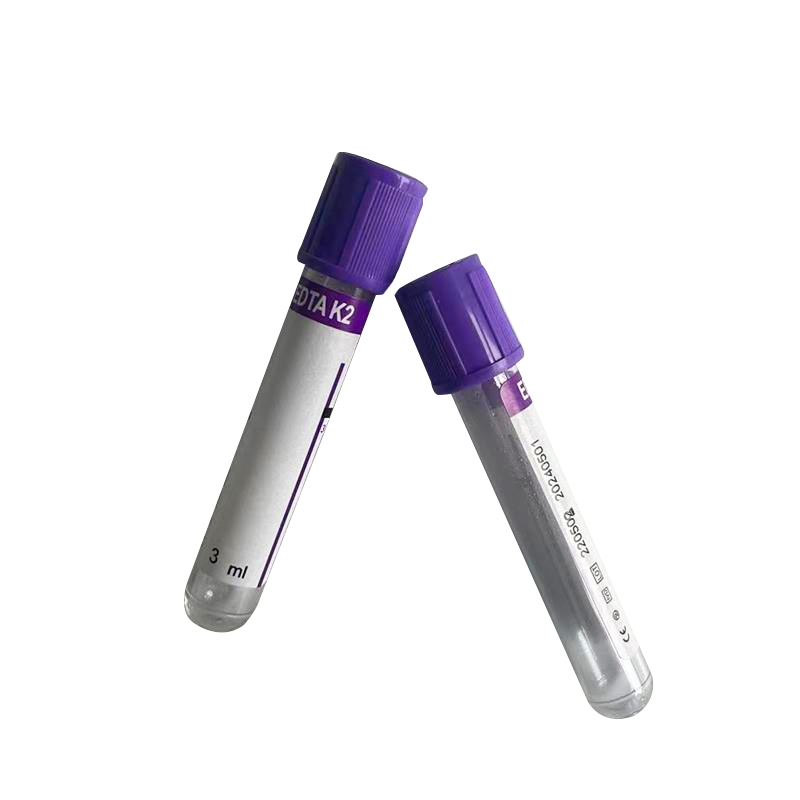
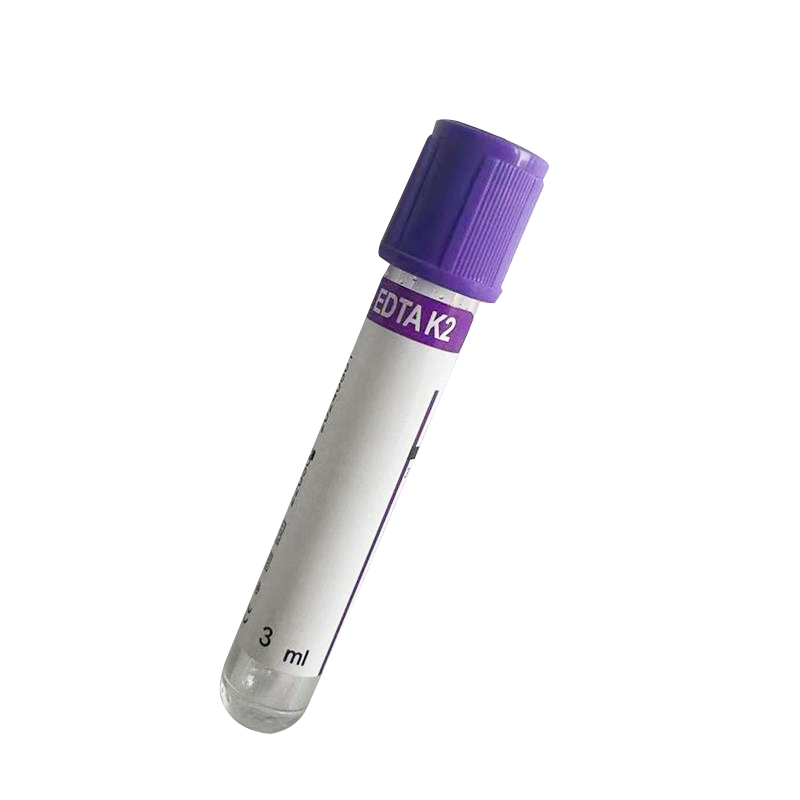
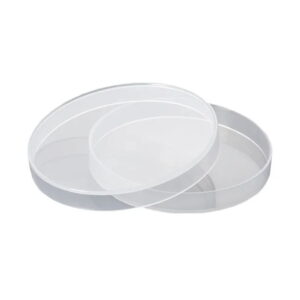
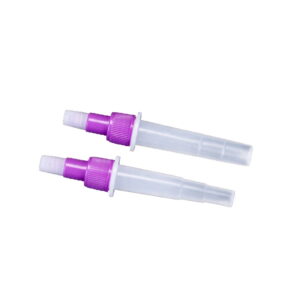
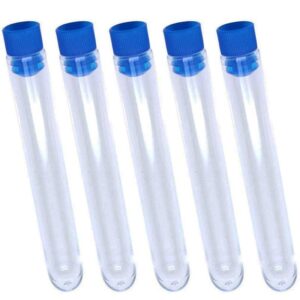

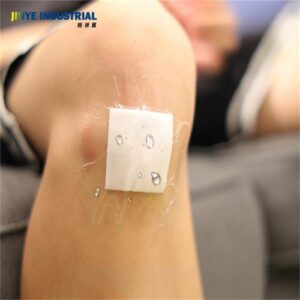




Reviews
There are no reviews yet.